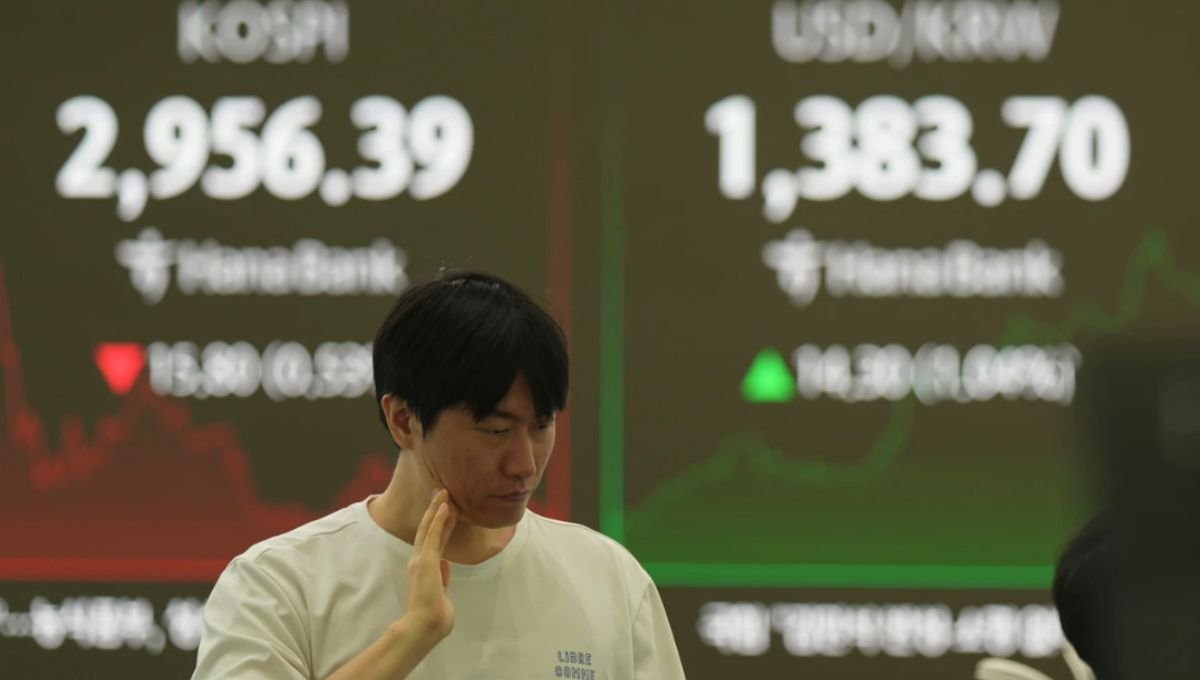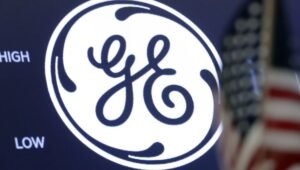Global stock markets took a hit on Thursday as geopolitical tensions in the Middle East intensified, unsettling investors and dragging down shares across Europe and Asia.
The downturn follows the seventh consecutive day of conflict between Israel and Iran. The clash began with unexpected Israeli airstrikes targeting key Iranian military sites and nuclear scientists. In response, Iran’s foreign minister has reportedly scheduled meetings with European leaders in Geneva. Meanwhile, Israel launched another strike—this time on Iran’s Arak heavy water reactor, a significant part of Iran’s nuclear infrastructure.
The escalating conflict has sent shockwaves through financial markets.
European indexes dropped in early trading. France’s CAC 40 declined by 0.8% to 7,593.06, Germany’s DAX fell 0.9% to 23,141.82, and the UK’s FTSE 100 slipped 0.5% to 8,797.24. Futures tied to U.S. benchmarks also signaled a negative open, with both the S&P 500 and Dow Jones Industrial Average futures down by 0.4%.
On the monetary policy front, the U.S. Federal Reserve announced on Wednesday that it would keep its benchmark interest rate unchanged. However, policymakers still foresee two rate cuts later this year. They anticipate that recently imposed import tariffs by President Donald Trump will contribute to inflationary pressures, while also expecting slower economic growth and a slight uptick in unemployment.
Similarly, the Bank of England was expected to hold interest rates steady at 4.25% during its Thursday meeting, following two previous rate cuts this year. Meanwhile, Switzerland’s central bank lowered its key interest rate by 0.25 percentage points to 0%, citing easing inflation pressures and growing global uncertainty linked to tariffs and geopolitical instability.
In Asia, markets saw mixed performance. Japan’s Nikkei 225 dropped 1.0% to close at 38,488.34. Shares of Nippon Steel surged 2.3% after the company announced it had completed its long-delayed acquisition of U.S. Steel, overcoming opposition from American regulators.
Hong Kong’s Hang Seng fell sharply by 2.0% to 23,237.74, weighed down by a selloff in tech stocks. China’s Shanghai Composite dipped 0.8% to 3,362.11. Australia’s S&P/ASX 200 stayed nearly flat at 8,523.70, while South Korea’s Kospi inched up by 0.2% to 2,977.74.
U.S. markets remained closed on Thursday in observance of the Juneteenth holiday.
While inflation in the U.S. remains close to the Federal Reserve’s 2% target, analysts warn that the full effects of recent tariffs may take months to emerge. Rising oil prices, driven in part by Middle East tensions, are already putting upward pressure on inflation.
Fed Chair Jerome Powell emphasized the importance of patience as the central bank monitors how new tariffs will impact prices and consumer behavior. “Because the economy is still solid, we can take the time to actually see what’s going to happen,” Powell said. “We’ll make smarter and better decisions if we just wait a couple months.”
In U.S. economic data, a report on Wednesday showed fewer Americans filed for unemployment last week, indicating a strong labor market. However, new home construction fell below expectations, hinting at the potential drag of higher mortgage rates on the housing sector.
Oil prices saw modest gains early Thursday. U.S. benchmark crude rose 13 cents to $73.63 a barrel, while Brent crude, the global standard, edged up 7 cents to $76.77. Crude markets remain volatile, with fears that the Iran-Israel conflict could disrupt supplies—especially through the Strait of Hormuz, a vital shipping route for global oil.
In currency markets, the U.S. dollar strengthened to 145.46 yen from 145.13 yen. The euro slipped slightly, trading at $1.1476 compared to $1.1484 previously.
Also Read:














